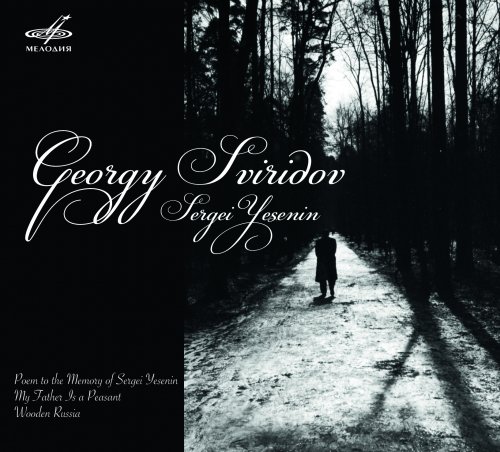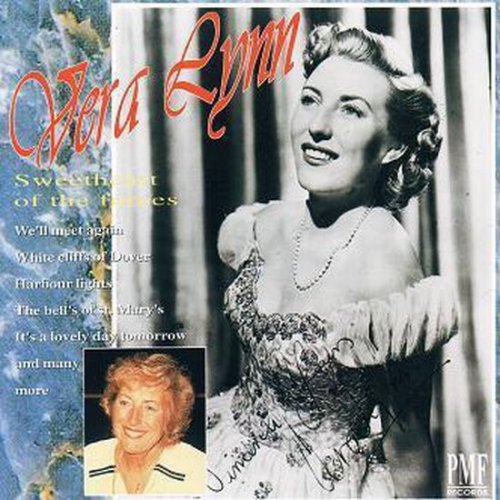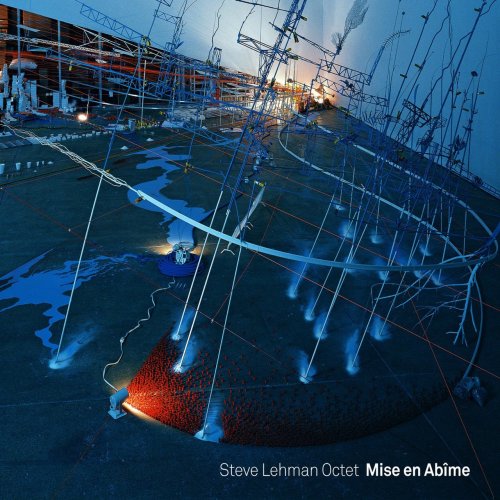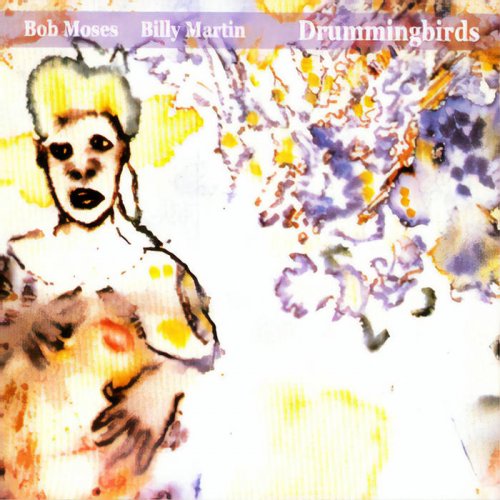Alexei Maslennikov, Igor Morozov & Georgy Sviridov - Georgy Sviridov: Sergei Yesenin (2015)

Artist: Alexei Maslennikov, Igor Morozov, Georgy Sviridov
Title: Poem To The Memory Of Sergei Yesenin
Year Of Release: 2015
Label: Melodiya
Genre: Classical
Quality: FLAC (image + .cue, log, artwork)
Total Time: 60:26
Total Size: 287 MB
WebSite: Album Preview
Tracklist:Title: Poem To The Memory Of Sergei Yesenin
Year Of Release: 2015
Label: Melodiya
Genre: Classical
Quality: FLAC (image + .cue, log, artwork)
Total Time: 60:26
Total Size: 287 MB
WebSite: Album Preview
Poem To The Memory Of Sergei Yesenin For Tenor, Choir And Orchestra
1 1. My Desolate Land
2 2. Winter Sings
3 3. Where Yellow Nettle Grows
4 4. Harvest
5 5. St. John's Eve
6 6. St. John's Eve (continued)
7 7. 1919
8 8. Peasant Children
9 9. I Am The Last Poet Of The Countryside
10 10. The Sky Is Like A Bell
My Father Is A Peasant, Cycle To The Poetry Of Sergei Yesenin For Tenor, Baritonea And Piano
11 1. Sleigh
12 2. Russia Shines In My Heart
13 3. Birch Tree
14 4. Recruits
15 5. Singing To The Accordion
16 6. In The Evening
17 7. The Nightingale Has A Good Song
Wooden Russia, Small Cantata To The Poetry Of Sergei Yesenin For Tenor, Men's Choir And Orchestra
18 1. Farewell My Native Forest
19 2. Swamps And Marches
20 3. I Am A Wretched Pilgrim
21 4. Don't Look For Me In God
From the very beginning of his career up until its near end, Georgy Vasilevich Svidirov was recognized as possessing rare and unique musical talents; for example, at the age of 19 he was invited into the Composers Union and at 54 he was made a People's Artist of the U.S.S.R. A student of exceptional composers, he was trained under M.A. Yudin at the Central Music Tekhnikum in Leningrad (early '30s) and with Shostakovich at the Leningrad Conservatory, where he graduated in 1941. His other teachers included Isay Braudo and Ryazanov. After finishing his formal studies, he began performing as a pianist in 1945, but this occupation played less of a role in his musical life as his composing increasingly demanded his focus. His extensive output of dramatic, orchestral, chamber, and vocal works, many of which possess a characteristically Russian style, have brought him recognition as leader of mid- to late twentieth-century Russian music, as well as a leader of his nation's new nationalist movement.
As early as 1935, Sviridov used national themes in his compositions when he set the verses of Russia's poets. Later, while concentrating on the social status of peasant women, he wrote small-scale chamber cantatas based on lyrical folk songs from the Kursk Province. Of his many works, which include The Decembrists (1955), Poem About Lenin (1960), and 5 Songs About Our Fatherland (1967), Oratorio pathétique is probably one of his most famous. -- Meredith Gailey
As early as 1935, Sviridov used national themes in his compositions when he set the verses of Russia's poets. Later, while concentrating on the social status of peasant women, he wrote small-scale chamber cantatas based on lyrical folk songs from the Kursk Province. Of his many works, which include The Decembrists (1955), Poem About Lenin (1960), and 5 Songs About Our Fatherland (1967), Oratorio pathétique is probably one of his most famous. -- Meredith Gailey








